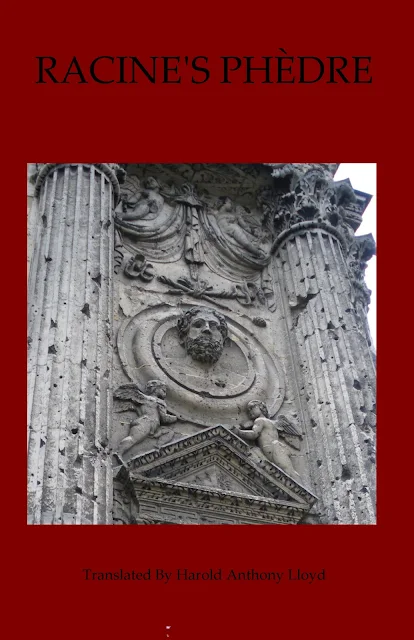Abelard’s Ballade
Thought is the
cruelest place where charts mark no
Fixed latitude or
constancy of shore
For shifting airy
coasts and courses. Though
Polaris holds
without, within one's oar
Has no such brilliant
constant marker for
Safe
navigation. Vague, obscure and fraught
With shifting inner
shoals, one can’t ignore
The peril and the
price of careless thought.
Did man precede the
beasts? Both “yes” and “no”
Say Testaments where
just a pair yet more
Go in the ark, where
Eve’s made second though
She’s simultaneous
in lines before,
Where we’re
commanded to love yet restore
Slaves to a master,
where it’s said we ought
Not judge yet brook
no sin. We’re fodder for
The peril and the
price of careless thought.
There’s such
confusion--turn the cheek yet go
Acquire a sword as
well? Why wasn’t more
Care taken in the
drafting? All should know
That words have
consequences. Maimed, I bore
The scars of
mixed-up syllables. Before
More suffer needless
butchery, one ought
To master
language. I explored, therefore,
The peril and the
price of careless thought.
Lord, thus I did my
volumes. Since they store
All I discovered, I
can rest. Full taught
Below, no suffering
here would teach me more
The peril and the
price of careless thought. 





